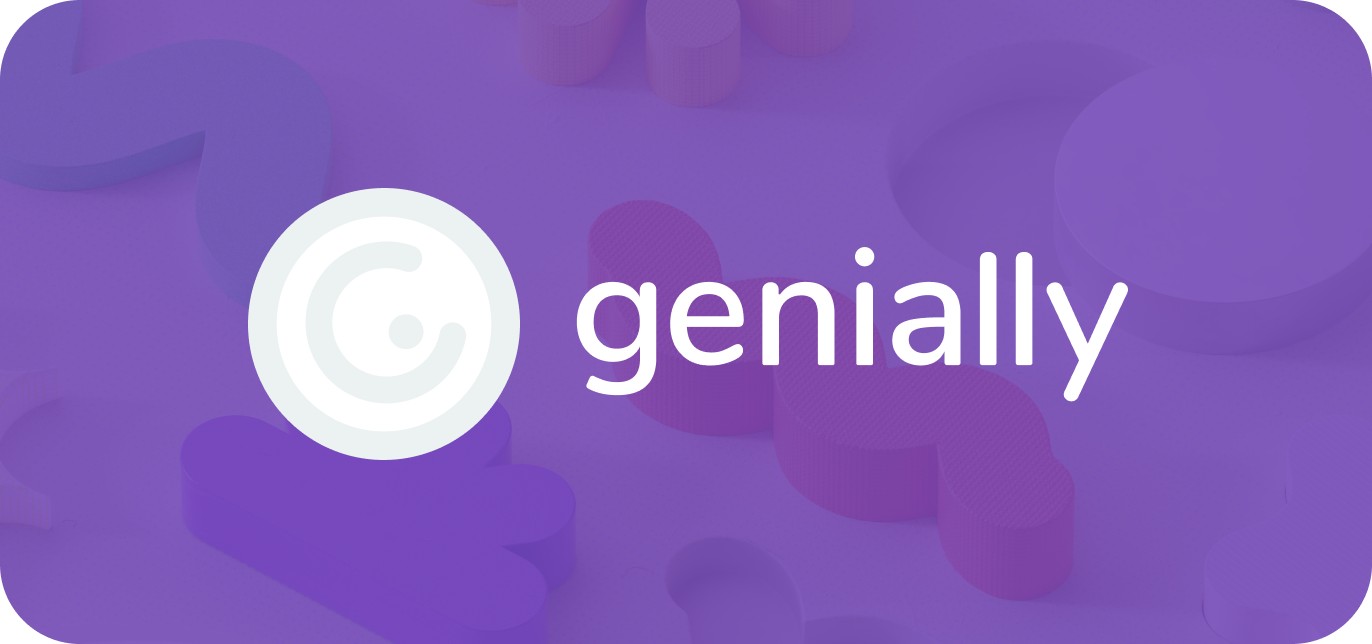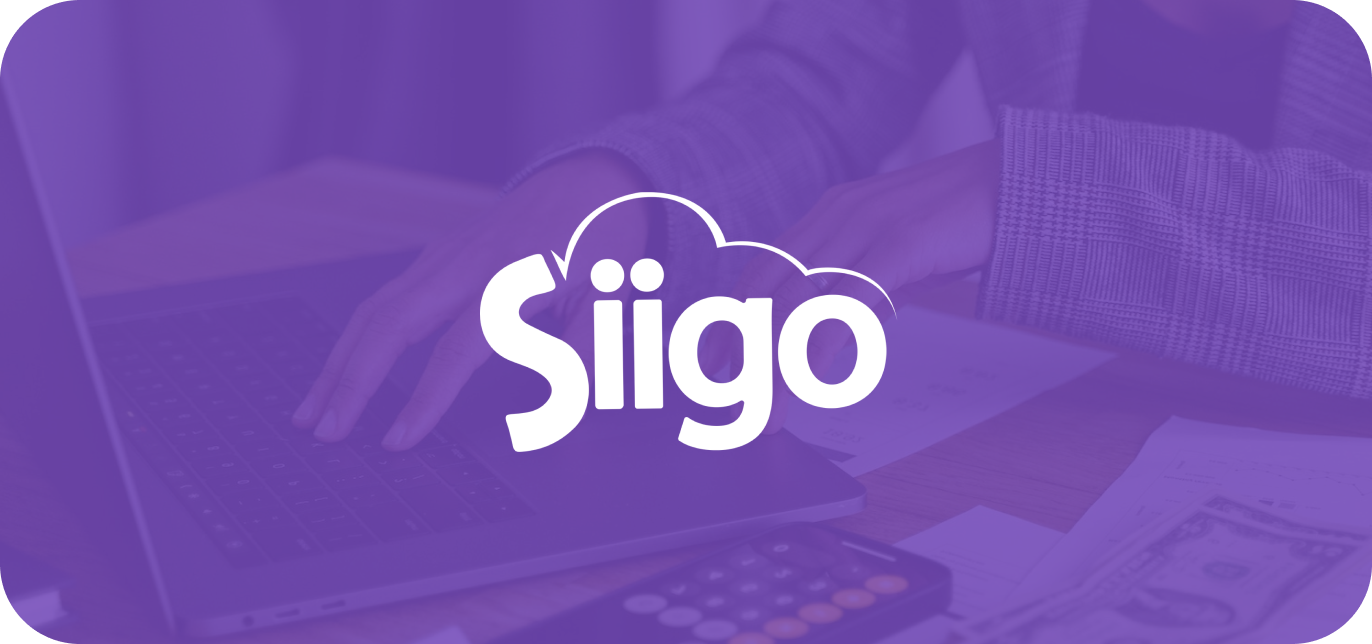


Executive summary
Genially is an online platform that facilitates the creation of interactive presentations, animated infographics, static and video presentations, dossiers, and other content.
As Genially’s CTO, Chema Roldán leads the technical team and makes key decisions on technology, architecture, and implementation strategies. After the support team reported a spike in customer churn and usability complaints, Chema realized that Genially needed real-time insight into the challenges their users faced to improve their customer retention and conversion rates.
Chema used LogRocket to help with his team’s issue discovery and troubleshooting processes. With LogRocket’s AI-powered Galileo proactively surfacing high-impact user issues, technical and UX context from session replays, and fine-grained info on user network data, Genially boosted conversion rates by 10% and built a companywide understanding of how technical performance impacts both usability and profitability.
Intro
Genially users interact with a real-time, editable digital canvas to create interactive presentations, animated infographics, and other content. As Chema explained, “Genially provides a tool in which you can create interactive content without needing to know anything about complex design tools or development skills.
During their initial product beta, Genially customers frequently reported losing changes to their work or seeing deleted items reappear in the canvas for reasons their support team couldn’t figure out. But given that the majority of Genially users are less tech-savvy, engineering often didn’t receive enough technical detail to reproduce issues.
Chema knew that if Genially remained unable to diagnose and resolve these customer issues, users would quickly churn due to their poor user experience. He set out to find tools that could provide greater technical detail and reduce the back-and-forth between support and engineering.
Soon after implementing LogRocket, Genially was able to resolve many complex technical issues for their users. Gaining complete context into user behavior helped them learn how to anticipate customer challenges with LogRocket’s proactive information, which improved their customer experience and satisfaction, helped them develop new user-focused features, reduced MTTR, and increased checkout conversion.
Fixing real-time problems in no time
Genially primarily received user complaints about their real-time editor when it was in beta. Changes either didn’t save or didn’t appear in the UI, usually without a noticeable cause. Before LogRocket, Chema and his team weren’t sure where to start.
Support reported a few different issues: some users reported losing work, some reported that the editor crashed unexpectedly when they moved files around, and some reported that items they’d previously deleted would reappear in previews.
“There are so many things that could happen when someone is building in Genially that we wouldn’t ever be able to account for all of them,” Chema explained.
LogRocket changed this completely. “We realized we can observe our users with LogRocket so that we can be clear and confident about any issues with the real-time portion of our editor,” Chema said. “We also quickly saw that when they wanted to remove a text, they just put it outside of the canvas instead of using the ‘Remove’ key.”
“It was very good to use LogRocket for this because we could monitor user behavior exactly, in real time.”
To resolve this, Genially added a prompt asking users to confirm that they wanted to delete an item when they moved it off the canvas.
LogRocket session replays also uncovered the reason why many users lost work: network instability. Session replays showed that the real-time autosave function failed when users’ internet connections were unstable.
Genially found the necessary technical data on users’ network quality they had lacked from prior session replay tools. With that data, they realized users who had difficulty with the platform often had slow network connections, and that caused changes not to save.
“The good part about LogRocket is that, out of our 1 million users, if one is having trouble with the editor, we can trace the issue back through our logs and backend monitoring tools in two or three minutes.”
To communicate more clearly about the issues their users had and address them directly in the editor, Genially added a banner that notifies users when their internet connection is unstable and warns them that they may lose changes.
Better information means higher conversion rates
After improving user support, Genially moved on to address the dip in conversions they’d seen. Chema was particularly interested in figuring out what users wanted to see on the pricing page that would encourage them to make a purchase or upgrade their plan.
At first, Genially only showed users the pricing details for different plans when they tried to access premium features. With LogRocket, they saw that users clicked into a pop-up window that contained this information and then usually dropped out of the conversion funnel.
Chema decided to run an A/B test. Option A was their usual upgrade pop-up, and option B was a new pop-up that showed information about the features and number of user seats each plan upgrade came with, along with the price.
He also created a conversion funnel dashboard in LogRocket to gather data about the test and used Conditional Recording to record only the sessions that contained their A/B test criteria. With these rules in place, Chema could record only what he wanted to see, while ignoring sessions that weren’t relevant.
“LogRocket is a great complement to the A/B test. You can quickly understand why one test wins.”
“With option B, we could see that people were reading each plan based on their mouse movements. Some people were selecting the text with their mouse when they read, which we thought indicated that they understood the benefits they’d receive with an upgraded plan.”
Ultimately, implementing the new pricing pop-up increased conversion by 10%.
Boosting team efficiency with a new AI “teammate”
Given their success with LogRocket, Chema was eager to try out LogRocket’s Galileo when it first became available in 2022. Galileo uses AI to determine the severity of a given issue based on data gathered from almost a trillion user interactions LogRocket has processed. With this, Galileo can understand if a UX or technical issue impacts user outcomes or is negligible to the user journey. Galileo then sends an Issues Digest of the most severe technical and usability issues causing friction in their app, customized to the area of application and specific timeframe they care about most.
In less than a week, Galileo became a key part of their workflow. Their first Issues Digest contained everything they needed to address an issue: each issue came with a Severity Score indicating its impact on user friction and a collection of session replays that contained all the technical and visual data needed to tackle the issue on the spot.
Instead of gathering engineers and support together to investigate, everything was available upfront, saving Genially hours of research time.
“It’s like you have another person that is working for you and says, ‘OK, this week I have these issues for you to check out, and here are the session recordings.’ Everything gets delivered there every week, and we rotate the responsibility.”
After less than a month, Chema assigned a frontend engineer to monitor their weekly Issues Digest Slack integration and address issues. With LogRocket Galileo and Issues Digest, Genially can understand where to focus their efforts and move quickly to resolve issues — and don’t have to worry that they’re missing key issues.
“Making someone responsible for Issues Digest means someone will communicate with customer support about the issue and can share session data to provide visibility across those teams,” Chema said. “Customer support can then communicate with their users about the important issues to look out for, and engineering can focus on resolving the issue and providing updates when they’re done.”
The improvements Genially made to their workflow have increased their productivity and given the engineering and support teams confidence that they are solving the issues with the biggest impact on user friction.
Improving visibility for a better future
Genially has made huge strides in their product development process since adopting LogRocket, but they still see room for further testing and improvements. One project that came out of their LogRocket findings is to develop an asynchronous editing feature for users who either don’t have stable internet or need to work offline.
As Genially has grown from a small startup to serving over a million customers in about five years, they plan to further improve the product using session data and LogRocket Galileo to prioritize the technical and usability issues their users face.
Chema is now investigating whether LogRocket can help the team with conversion rate calculations. “I see a lot of value for our finance team to use LogRocket because there are so many more ways to see why and where conversions happen, but we have more building to do to capture all of that data.”
For now, Genially makes specific sessions available to key members across the company to share insights. More visibility has brought them better conversations, better collaboration, and, ultimately, a better product.





